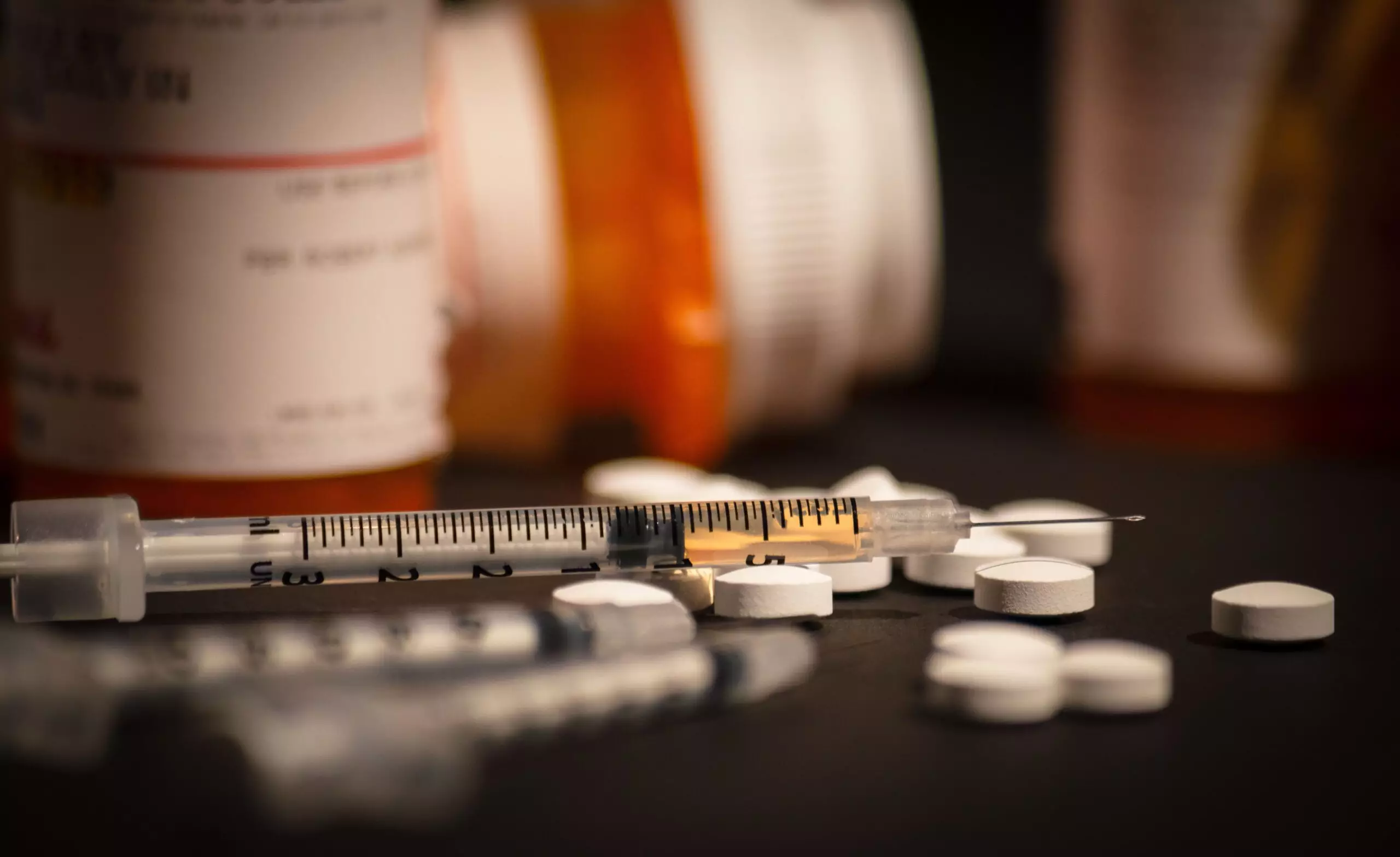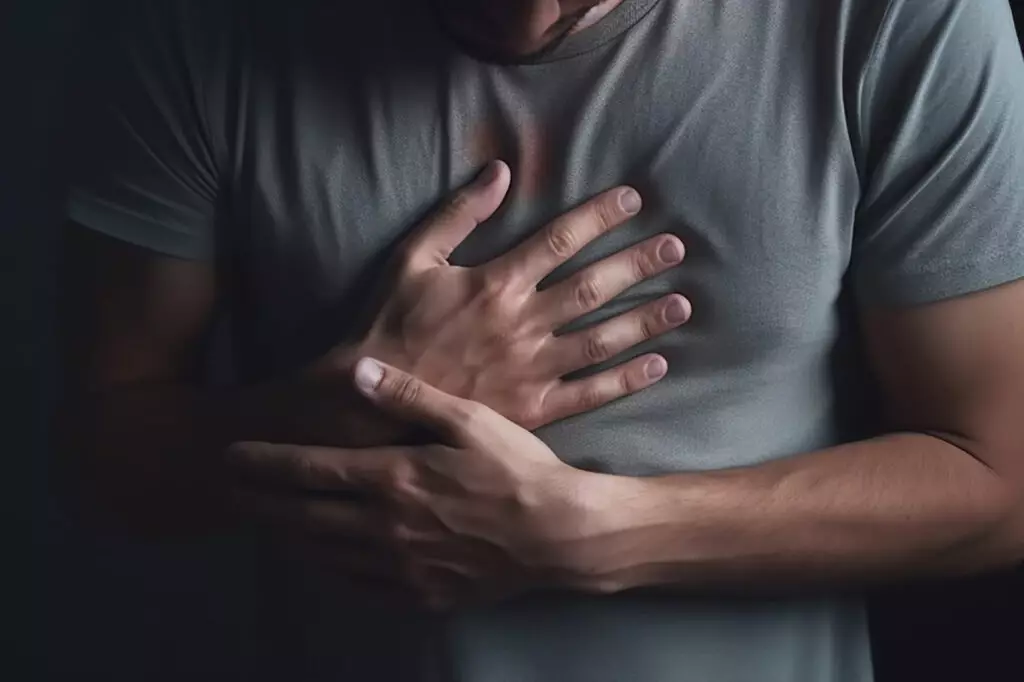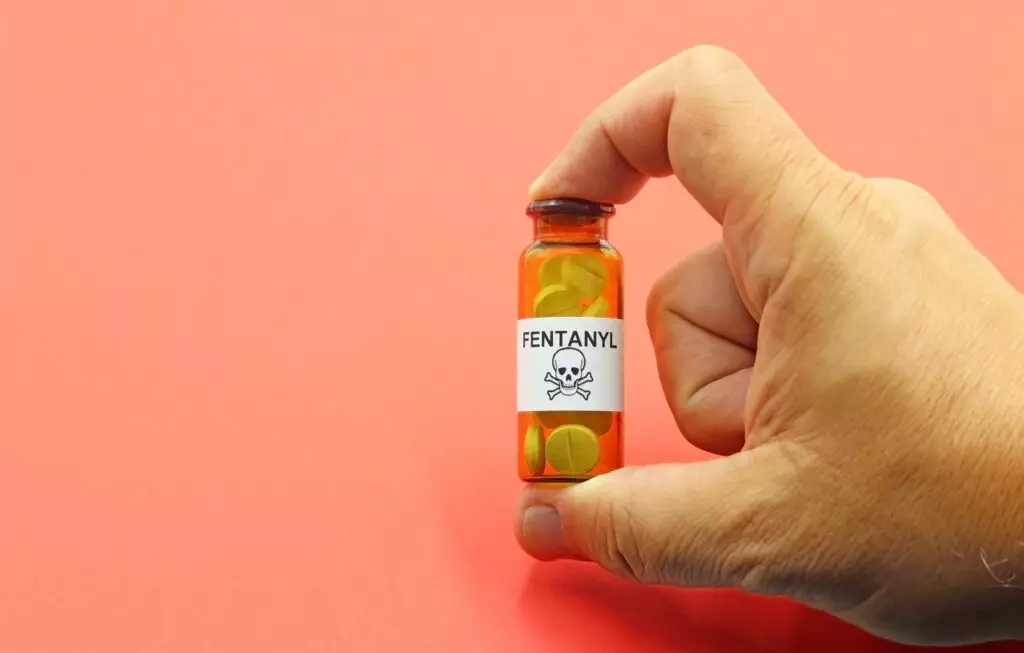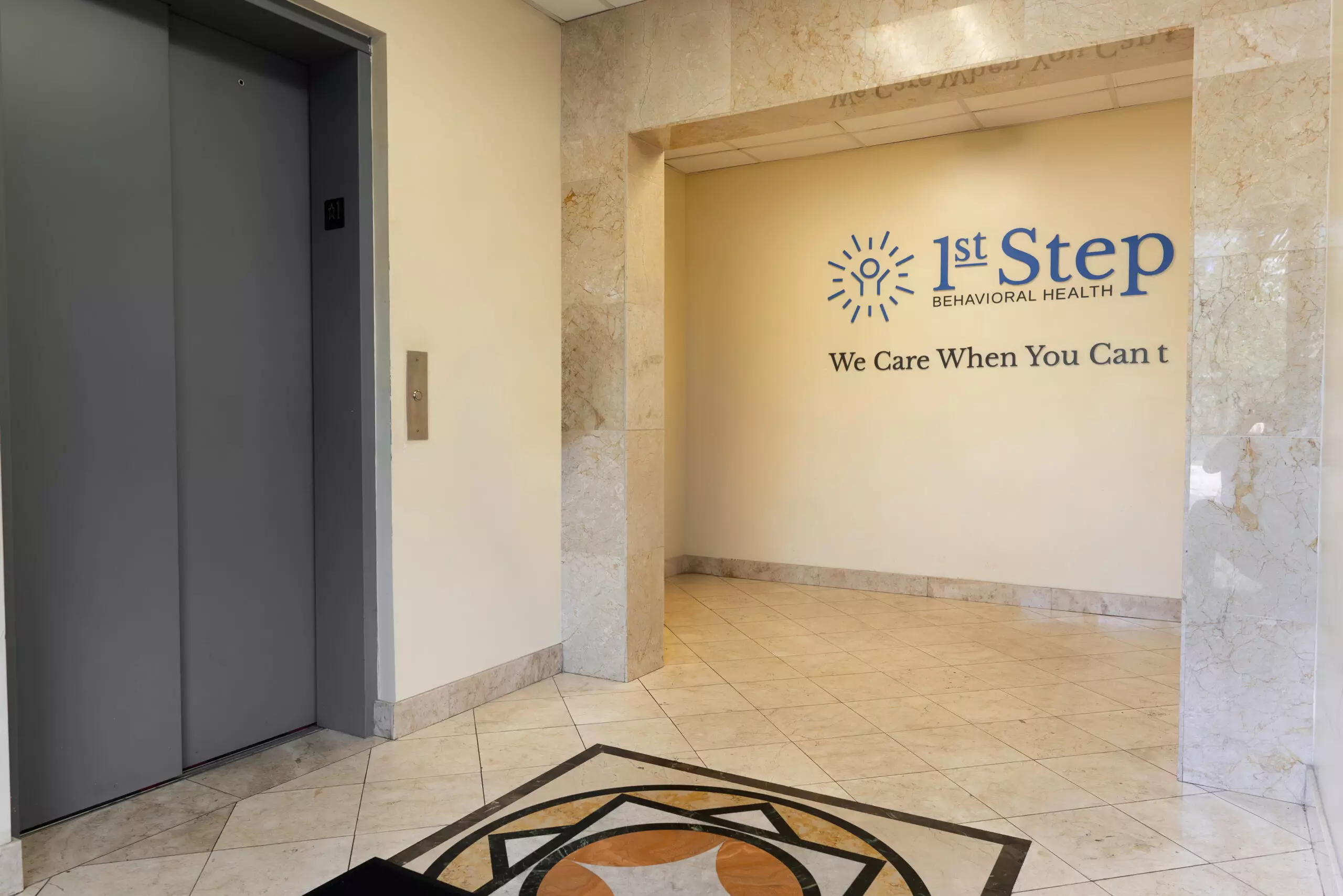Fentanyl Addiction
If you’re struggling with addiction to fentanyl, you already know that stopping is hard. However, Florida is home to several high-quality treatment centers and fentanyl rehabs that offer the support you need to get well.
Although treatment is available in several forms, inpatient rehab is often best if you’re struggling with a drug as addictive as fentanyl. As you recover at our Pompano Beach rehab facility, you’ll have ample opportunities to enjoy Florida’s warmth and sunshine as you get your life back on track.

What is Fentanyl?
Fentanyl is a synthetic opioid medication that is used for pain management, particularly in cases of severe or chronic pain. Pharmaceutical fentanyl was first created in legitimate laboratories in the 1960s and is still used for severe pain that isn’t relieved by less potent drugs.
Fentanyl works by binding to the body’s opioid receptors, which are located in the brain and spinal cord, to reduce the perception of pain and increase pain tolerance. However, fentanyl is highly addictive, so it is essential that it is only used as prescribed by a qualified healthcare provider.
It is prescribed in various forms, including:
- Transdermal patches – These are applied to the skin and slowly release the medication over an extended period, typically 72 hours. They are often used for chronic pain management.
- Lozenges or lollipops – These forms of fentanyl are intended for breakthrough pain in cancer patients and are designed to provide rapid relief.
- Injectable solutions – Fentanyl can be given intravenously in a medical setting, such as during surgery or in emergency situations.
- Nasal sprays – Some formulations are available as nasal sprays for rapid pain relief.
- Tablets or buccal films – These are designed to dissolve in the mouth or on the cheek and are used for certain types of pain.
Why is Fentanyl So Dangerous?
Fentanyl is an extremely potent opioid, estimated to be 50 to 100 times more potent than morphine and about 50 times more potent than heroin. While safe when taken as prescribed, illicitly manufactured fentanyl (IMF) is sold illegally across the United States and is often found in other drugs like heroin, cocaine, meth, and counterfeit prescription drugs.
The DEA (Drug Enforcement Administration) believes that illegal labs first produced fentanyl in the early 1990s, which was about the same time information on how to manufacture the drug became readily available on the Internet. The DEA destroyed many labs in the early 2000s when the rate of fatal overdoses spiked significantly.
The DEA reports that most fentanyl in the United States originates in China, where illegal companies sell supplies to clandestine labs in the U.S. Buyers purchase the drugs on the street or the Dark Web.
Fatal overdose is a possibility every time you use fentanyl, and the more often you use it, the higher the risk. It takes a grain-sized amount of fentanyl to produce a life-threatening overdose in the average person.
Some users may intentionally purchase fentanyl, but many have no idea the heroin, cocaine, or meth they’re buying is laced with fentanyl. Cutting fentanyl into other drugs increases the profit for the seller since making fentanyl is easy and inexpensive.
In 2022, it is estimated that two-thirds of all drug overdose deaths involved synthetic opioids (primarily fentanyl). That year, fentanyl was thought to be responsible for 107,081 overdose deaths.

Short and Long-Term Effects of Fentanyl
People may take fentanyl in various ways, but the effects are the same. Common side effects of fentanyl abuse include:
- Euphoria
- Pain relief
- Relaxation
- Drowsiness
- Sedation
- Nausea
- Vomiting
- Respiratory depression
- Dizziness
- Lightheadedness
- Constipation
- Itchiness
Using fentanyl regularly will result in tolerance and physical dependence. Tolerance means the body becomes less sensitive to the effects of fentanyl, so users have to take higher doses to feel the desired effects. Physical dependence refers to when the body becomes reliant on fentanyl. People who are physically dependent on fentanyl will experience withdrawal symptoms when they stop taking it.
In addition to tolerance, dependence, and addiction, fentanyl abuse comes with a number of long-term risks, as well. Potential long-term effects of fentanyl abuse include:
- Respiratory issues including reduced lung function and an increased risk of pneumonia
- Gastrointestinal problems such as constipation
- Cardiovascular problems like irregular heart rhythms, high blood pressure, and heart disease
- Mental health issues including depression, anxiety, mood swings, and impaired cognition and memory.
People who use fentanyl intravenously are at an increased risk of infectious diseases like HIV/AIDS, hepatitis C, and skin and soft tissue infections.
The earlier you seek treatment for fentanyl addiction, the easier it is to avoid the long-term risks.

Signs of Fentanyl Overdose
Fentanyl can cause the body to shut down because oxygen can’t reach the heart and lungs. According to the Medicine Abuse Project, an overdose can occur shortly after using fentanyl, or up to a couple of hours later.
If you suspect a fentanyl addiction overdose, call 911 right away, administer naloxone (Narcan) if you have it, and then perform CPR until paramedics arrive or until the person starts breathing on her own.
Signs of overdose include:
- Clammy, pale skin
- Blue fingertips and lips
- Slow or difficult breathing, or no breathing at all
- No response when you say the person’s name or when you rub your knuckles on the middle of his chest
- Gurgling or snoring sound (“death rattle”)
Naloxone Saves Lives
If your friend or family member uses fentanyl or other opiates, you should carry naloxone (Narcan) with you at all times. Naloxone is an opioid overdose reversal medication that can temporarily restore breathing to those experiencing an overdose, providing them with time to seek medical care.
Naloxone is available in injectable form or nasal spray, and both are easy for non-medical professionals to use. If you administer the drug soon enough, you can block the drug’s effects and reverse the overdose.
If you use fentanyl, keep naloxone with you, and tell your family and friends where it is and how to use it. Never use fentanyl alone.
Fentanyl is now available over the counter and is expected to be available in retail stores nationwide by the end of 2023.
What to Expect from a South Florida Fentanyl Rehab Program
With the right treatment, anyone can recover from fentanyl addiction. Before your fentanyl rehab program begins, you’ll be asked to provide information about your substance use, medical history, mental health, and substance abuse within your family. With this information, treatment professionals will work with you to devise a treatment plan tailored to your particular needs.
Once your plan is in place, you’re ready to begin medically supervised detox. A medical team will keep a close eye on your vital signs while the toxins leave your system, which generally takes about five days.
Fentanyl withdrawal can be rough, but it isn’t life-threatening, and the treatment center will give you medications to relieve withdrawal symptoms such as sleep problems, tremors, fever, anxiety, muscle aches, nausea, vomiting, or diarrhea. Doctors will also prescribe medications to regulate your temperature, heart rate, and blood pressure, if necessary.
Once you’ve detoxed, you’ll begin treatment. Although you may feel great when the drugs clear your body, fentanyl detox is only one part of the recovery process. Without treatment, generally consisting of counseling, education, and individual and group therapy, the risk of relapse and overdose is high.
In addition to counseling, treatment may involve medication-assisted treatment (MAT). Some people are concerned that medication-assisted therapy trades one opiate drug for another, but several years of research have proven that the medications reduce the risk of overdose and help you stay in treatment.
Our fentanyl addiction treatment center in Florida will also work with you to devise an aftercare, or relapse-prevention plan to help you recognize and avoid triggers when you leave rehab. Aftercare may consist of individual and family counseling, support groups, 12-step meetings, alumni programs, or phone calls. You may also “step down” to a sober living environment after inpatient rehab while you transition back to a regular, drug-free life.
Start Your Recovery at our Fentanyl Addiction Treatment Center in Florida
Making the decision to get sober is stressful, but First Step Behavioral Health is a licensed fentanyl addiction treatment center that can provide the help you need to restore your health and peace of mind. Drug treatment isn’t a one-size-fits-all arrangement, and we’ll take the time to create a treatment plan tailored to your particular needs. Call or text (855)-425-4846 or contact us online as soon as possible.
